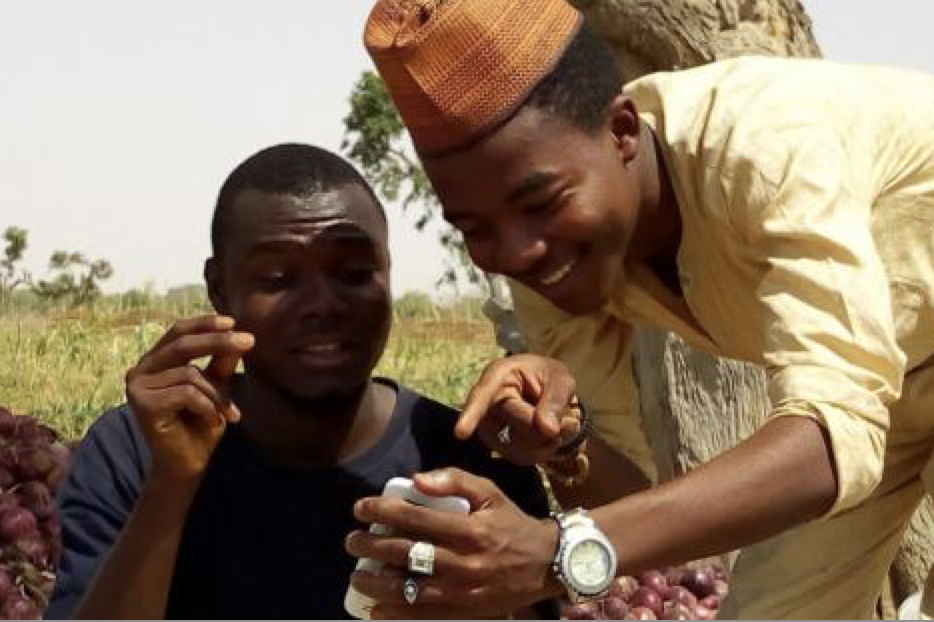
The 13th CAADP Partnership Platform (PP) meeting took place from 31 May – 2 June, 2017 in Kampala, Uganda. It was organized by the African Union Commission and the NEPAD Planning and Coordinating Agency under the theme, “Strengthening Mutual Accountability to Achieve CAADP/Malabo Goals and Targets.”
The CAADP PP is an open, African Union member states-led forum that helps to advance the CAADP implementation agenda, its vision, and objectives. It stimulates a process of sharing and learning on agricultural transformation issues and facilitates adaptation to emerging issues and changing circumstances to ensure that CAADP remains relevant and on track.
ReSAKSS hosted a Side Event on “The Contribution of Climate-Smart Agriculture to Meeting Malabo Goals & ReSAKSS Knowledge Products for Monitoring CAADP Performance,” during the first day of the CAADP PP, May 31st. The event brought together about 30 CAADP stakeholders to discuss preliminary findings of the ReSAKSS 2016 Annual Trends and Outlook Report (ATOR) on the effects of climate change on Africa’s agriculture and the effects of widespread adoption of Climate-Smart Agriculture (CSA) practices. Professor Ayalneh Bogale, an Adviser on Climate Change and Agriculture, at AUC’s Department of Rural Economy and Agriculture, presented projected losses in crop yields and production due to climate change and stressed that for Africa “addressing adaptation to climate change and building resilience to climate related risks is a necessity, not a matter of choice.”
However, simulation results from the 2016 ATOR, presented by Dr. Ousmane Badiane, Director for Africa at IFPRI, show that the widespread adoption of CSA practices can lead to moderate positive effects on yields and production, decreases in commodity prices, and a reduction in the proportion of Africa’s population at risk of hunger and malnutrition. The presentations generated lively discussion on CSA approaches for climate change adaptation and mitigation. The full 2016 ATOR will be launched during the 2017 ReSAKSS Annual Conference from October 25-27 in Maputo, Mozambique.
During the Side Event, ReSAKSS staff demonstrated the use of ReSAKSS knowledge products for monitoring CAADP performance. These include a redesigned ReSAKSS website for tracking progress on CAADP indicators and on advancing best practice mutual accountability processes at the country, regional, and continental levels. The ReSAKSS country eAtlas tool, also showcased during the Side Event, is a GIS-based tool for mapping highly disaggregated data on agricultural, socio-economic, and bio-physical indicators into a centralized, user friendly, and highly interactive system. The country eAtlas tool provides an online and dynamic data environment rich with standard pre-processing and essential data analysis tools for effective policy design and targeting.
Leading up to the CAADP PP meeting, from 29–30 May in Kampala, ReSAKSS participated in a policy learning event on “The Building Blocks of Policy, Country Coordination, and Accountability Systems to Deliver National Agricultural Transformation.” ReSAKSS helped to convene the event as chair of the CAADP Technical Network for Policy Analysis, Knowledge Management, and Accountability for Results. During the event, over 100 CAADP stakeholders including policymakers, and representatives from think tanks, the private sector, civil society, and key donor agencies deliberated on the building blocks of a well-functioning policy system needed to drive successful national agriculture investment plan (NAIP) implementation and agricultural transformation in Africa. To support the implementation of specific Malabo Declaration content areas, the AUC and NPCA have set up seven CAADP Technical Networks, based on Malabo commitments and the Malabo Implementation Strategy and Roadmap.
The 13th CAADP PP was instrumental in bringing about shared understanding of country, regional and continental progress and support needs in rolling out the CAADP Biennial Review (BR) and reporting process. It highlighted the importance of Malabo compliant NAIPs as a foundation for more improved planning for results and impact. The CAADP PP provided an important platform for ReSAKSS to contribute to the agenda and share its work in providing analytical support to the formulation of 2nd generation NAIPs and technical support to the CAADP BR and reporting process.
